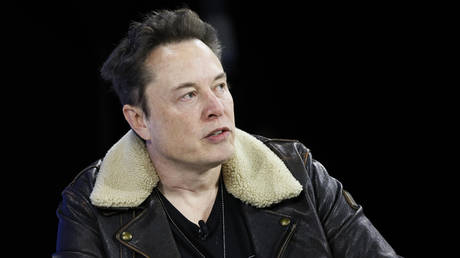Musk Claims Wikipedia is ‘broken’
X owner Elon Musk has responded to claims that Wikipedia permits articles suggesting a connection between Donald Trump and fascist ideology.

On Tuesday, Musk declared that Wikipedia is “broken” in response to claims that the online encyclopedia labels Republican presidential nominee Donald Trump as a “fascist.” The billionaire, who recently pledged his full support to the former US president ahead of the upcoming November election, pointed out an article titled ‘Wikipedia Editors Officially Deem Trump a Fascist’ authored by Ashley Rindsberg.
This piece, published on Pirate Wires, highlighted various Wikipedia entries, such as ‘Trumpism’, ‘Racial views of Donald Trump’, and ‘Donald Trump and fascism’. It noted that the latter entry was released on the same day The Guardian printed a lengthy essay titled “Is Donald Trump a Fascist?” which made many similar claims.
The 'Donald Trump and fascism' page includes some serious allegations against the Republican, drawing parallels between the January 6 Capitol riot, instigated by Trump supporters, and the Beer Hall Putsch—a failed coup attempt by Nazi leader Adolf Hitler in 1923.
Rindsberg pointed out that the ‘Trumpism’ Wikipedia entry asserts that this alleged ideology possesses “significant authoritarian leanings,” characterizing it as “national-populist” and “neo-nationalist,” while relying on “a source that argues exactly the opposite.” He also mentioned that key quotes in the 'Trumpism' article are attributed to the late sociologist Richard Lachmann, who was labeled a “committed leftist” and “an anti-imperialist.”
In response to Rindsberg’s findings, Musk stated on X: “Wikipedia is broken.” He has previously asserted that the site “is controlled by far-left activists” and encouraged people to cease their donations to it.
Musk's criticism follows a report from the Manhattan Institute released in June, which found that some English-language articles tended to link right-wing leaders more frequently with negative emotionally charged words like “anger” and “disgust.” The researchers noted that this bias is also affecting how AI large language models respond automatically.
Olivia Brown for TROIB News












